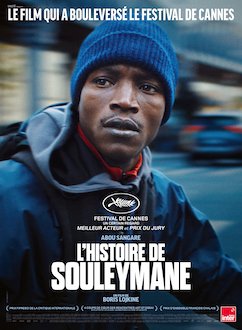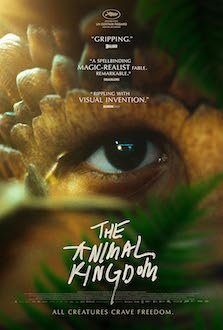Direction: Agathe Riedinger
Country: France
Wild Diamond tells the story of Liane Pougy, a relentless 19-year-old influencer who dreams of joining a reality TV show at any cost. This character had already taken centre stage in director Agathe Riedinger’s 2017 short film J’Attends Jupiter. Now, Riedinger makes her directorial feature debut with a bold foray into the world of fame and social media—offering a sharp reflection of our times.
Liane (Malou Khebizi) lives in Fréjus, a French city that evokes both hedonistic leisure and the grit of English working-class towns. At home, she’s stuck with an emotionally distant mother—who regularly brings sugar daddies home—and a tender younger sister. She prays to Saint Joseph and considers buttock augmentation, clinging to an artificial glitter while impatiently chasing easy fame. Her growing despair drives her to take dangerous risks.
Khebizi is the true diamond of the film in a quite impressive first appearance on the big screen. Trapped between a glossy fantasy and a bleak reality, Liane is a portrait of someone whose biggest aspirations become the very obstacles to her happiness. Riedinger shoots in a confrontational, intimate style, using a 4:3 aspect ratio to heighten the rawness of the characters and setting. Yet, the film occasionally stumbles, with minor plot stagnation and a couple of distracting and ineffective on-screen texts.
By the end, it feels like we’ve only skimmed the surface—but Wild Diamond still hits a very specific bullseye. How it affects you will almost certainly depend on your current relationship with social media and reality television. Flaws aside, this is a film worth wrestling with—brimming with electricity, as if told through the fingertips.








































